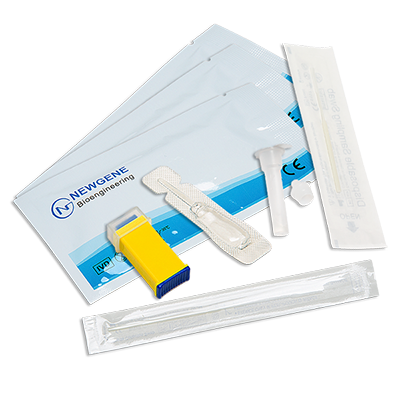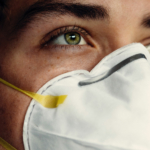More COVID-19 rapid testing – less spread of the disease
When should you get tested for COVID-19?
- If you are exhibiting COVID-19 symptoms, get tested, but there are reasons to do the same after close contact with someone with COVID-19 (known or suspected), before and after travel, before visiting an immunocompromised or elderly person.
- After potential exposure to COVID-19, wait at least three days before taking the test. If the result is negative, you can do a new test on the seventh day, in case the degree of your exposure was high, and especially if you turn symptomatic.
- But if even then the test is negative, do not relax (a negative result can not completely rule out infection – no test is 100% accurate), but continue to take all recommended precautions.
Different types of COVID tests
COVID-19 diagnostic tests detect current infection with the virus SARS-CoV-2 and there are two types: molecular and antigen tests. Tests for antibodies have another purpose: they are looking for prior infection with the virus that causes COVID-19 (your body makes antibodies after getting COVID-19 or getting vaccinated).
Molecular and antigen diagnostic tests
Molecular tests are processed in the laboratory, and are generally considered more accurate, but also take longer.
Antigen or rapid tests can be performed almost anywhere, including at home, and you get results in as little as 15 minutes.
In both cases, the test samples are collected in the same way, so the difference between molecular and antigen tests is mainly in the way the samples are processed.
The most widely used molecular tests (also called nucleic acid amplification tests–NAATs) are PCR (polymerase chain reaction). They look for genetic material from the virus SARS-CoV-2 and require specialized laboratory equipment for processing samples. Because the tests must be sent to a lab, results can take days to complete but are considered more accurate than antigen tests. You can have a molecular test at a doctor, pharmacy, or designated testing locations provided by public health systems.
Antigen tests do not require lab analysis and can provide results within minutes instead of days. Their other advantages are that they are easier to use, more portable, and less expensive than molecular tests. It means they are more suitable for frequent, mass testing, which can timely keep at home more people with COVID-19, to break the chain of infection. In some countries, like the USA, health officials are encouraging people to use at-home COVID-19 tests to help slow the spread.
These tests are searching for certain molecules found on the surface of the SARS-CoV-2 virus in the sample you provide. After treating the sample with a reagent, a health care professional analyzes it on the spot. Antigen tests show results within minutes. But are more likely to generate false-negative results (compared to molecular tests, especially in asymptomatic cases), but rarely give a false-positive result. Antigen tests are offered in pharmacies, doctors’ offices, and can be purchased to use at home (at-home COVID-19 tests don’t require a specialist – to get accurate results, it is crucial to carefully follow all the manufacturer’s instructions).
Antibody or serology tests
Antibody or serology tests detect antibodies to the virus SARS-CoV-2 in your blood. Antibodies are proteins that your immune system makes to help you fight off infections and can protect you from getting those infections in the future. Your body develops antibodies 1 to 3 weeks after getting COVID-19 or getting the vaccine. This means that antibody tests are not used to diagnose a current infection, but they look for past infection. In the procedure for conducting such a test, a health care professional takes a blood sample, usually by a finger prick. Laboratory analysis of the sample detects whether you have developed antibodies. If you have antibodies, it can indicate a certain level of protection induced by either COVID-19 vaccination or previous infection. Having antibodies does not guarantee protection against reinfection, but it certainly reduces the risk of developing severe disease.









